The recent export deal between Toyota Indus Motor Company (IMC) and Toyota Egypt has become a topic of discussion among car analysts and enthusiasts alike.
While some have hailed it as a significant development for the Pakistani automotive industry, others have raised valid concerns based on recent revelations.
One particular issue that has come to light is the origin of the exported part. It has been revealed that Toyota IMC has exported “car carpets” designed for the Toyota Fortuner which are not made by Toyota Indus in Pakistan.
What Toyota Isn’t Telling You?
It is important to note that these carpets are not manufactured by Toyota themselves; rather, they are produced by a local part maker and vendor named PROCON Engineering (Pvt.) Ltd., which happens to be a sister concern of Master Changan Motors Limited (MCML).
PROCON is known for producing basic interior parts for various local auto assemblers, including Toyota, Honda, Suzuki, Nissan, Kia, Hyundai, Changan, Yamaha, and other heavy transport companies.
Their product lineup ranges from car and bike seats, automotive fabrics, and wiring harnesses to sheet metal parts, chassis frames, and even tooling, dies, and jigs.
It is also pertinent to mention here that PROCON relies on imported plastic resins for many of its products, such as headliners and floor carpets. This implies that Toyota’s involvement in the manufacturing process of these parts is limited, if not non-existent.
This warrants the question as to what is Toyota’s actual role in this deal. Ali Khizar, an influential business analyst, recently tweeted about the development, stating that Indus Motors has sent its first export shipment of semi-processed raw material (car carpet) for the Fortuner to Toyota Egypt.
While some individuals ridiculed Toyota IMC for its products with “questionable quality,” others criticized Toyota for not adding significant value to the economy or the car industry by exporting a third-party sourced part.
Should Toyota Take Credit?
In technical terms, Toyota can take credit for this deal, as their agreement with PROCON states that any products made for a Toyota car are considered Toyota’s property and can be sold or exported under their name.
However, is this truly a monumental milestone, as claimed by certain individuals and the company itself? Unfortunately, it seems not.
To its credit, Toyota has called it a “baby step”. Although, it raises questions about the company’s progress over the past three decades in Pakistan.
It bears noting that this situation is not unique to Toyota. Many other automakers in Pakistan who claim to be exporting to other countries are also heavily dependent on imports in one way or another.
Despite generating billions of rupees in revenue and investing significant time in the country, these so-called “automakers” have yet to fully optimize their value chains or manufacture automotive products in Pakistan from scratch, as witnessed in countries like India, Indonesia, Thailand, and several others.
These import-heavy business models of Pakistani automakers have become a burden on the country’s foreign exchange reserves, further draining the national economy instead of adding value to it.
While Toyota has expressed its intention to export other parts to foreign countries in the future, the true significance of these exports to the economy and the automotive industry remains to be seen.
It is imperative that both Toyota and other automakers in Pakistan reassess their strategies and prioritize the development of a self-sustaining manufacturing ecosystem, which would contribute substantially to the country’s economy and enhance its standing in the global automotive market.
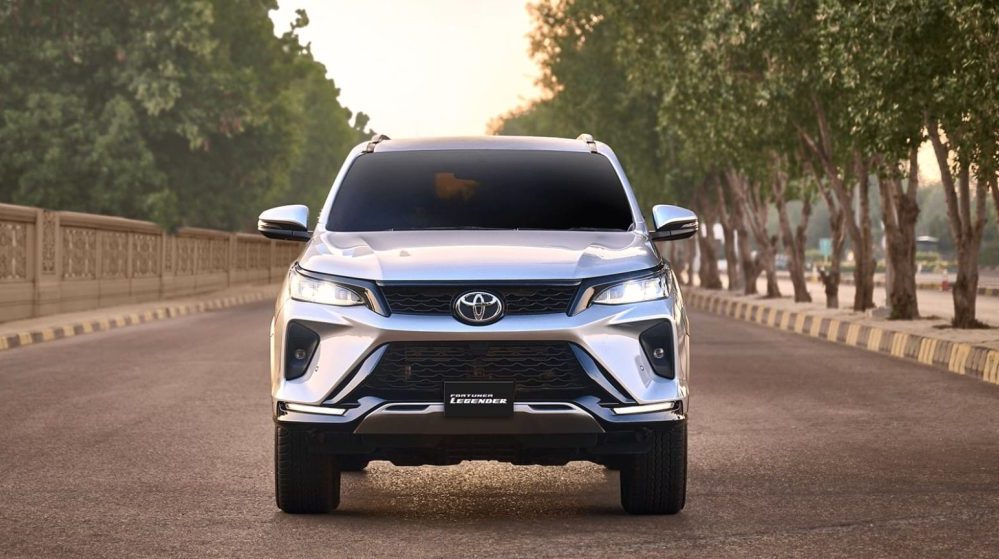
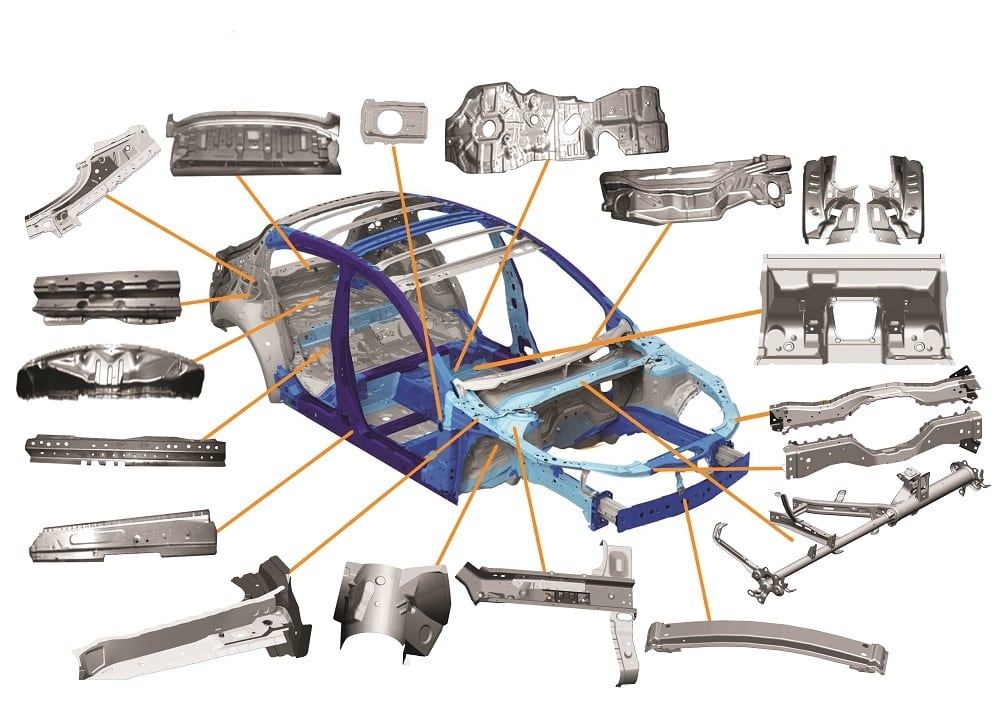
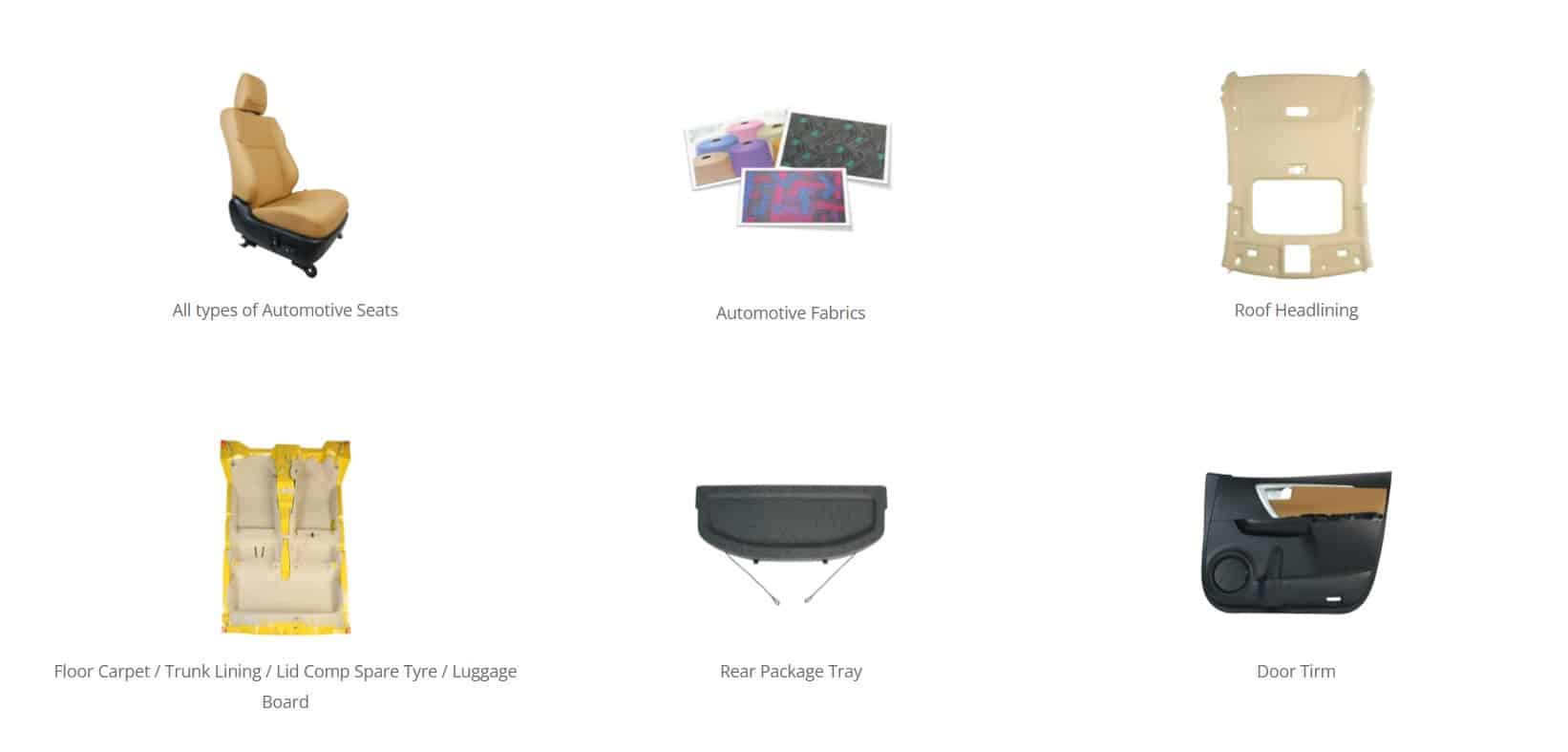
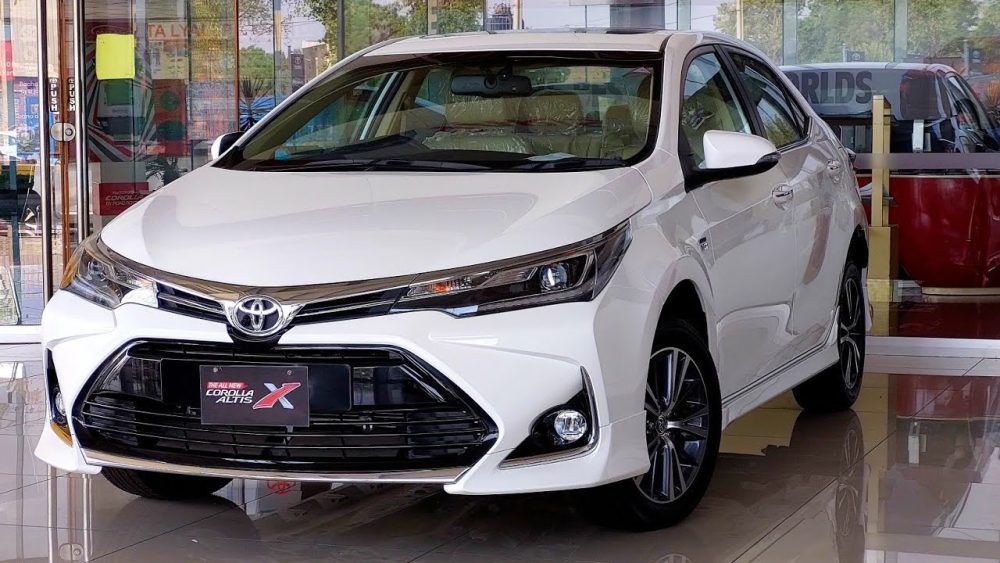
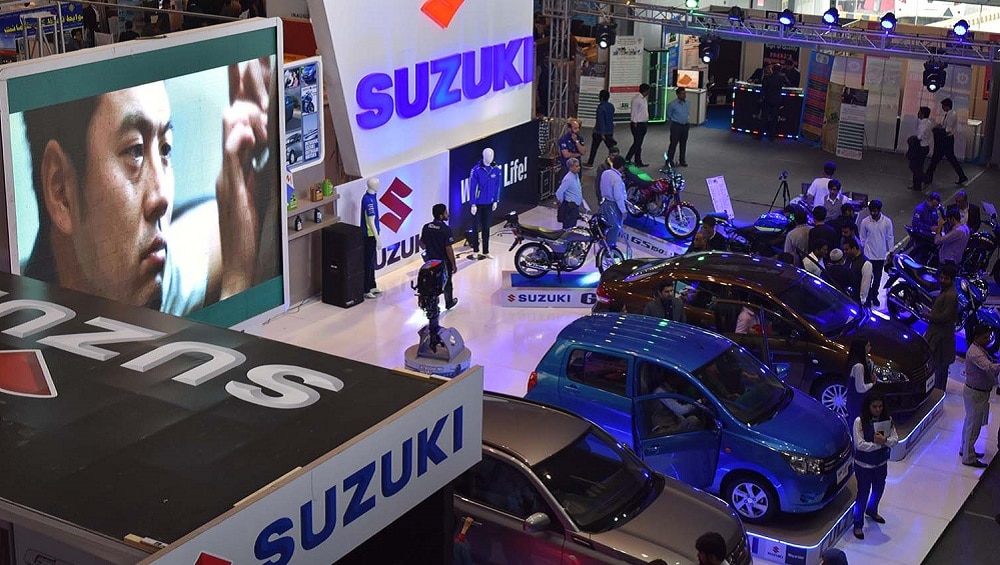


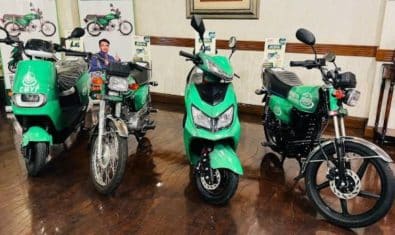





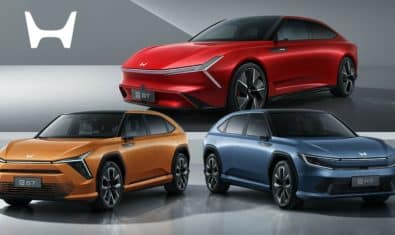















It may be small drop, but bigger credibility to such exports is if Indus or any other assembler is ever able to export CBU’s to African market..??
👏👏👏
Finally! Propakistani is thinking and talking like a pro-pakistani!
Couldn’t agree more!
a very good writing.